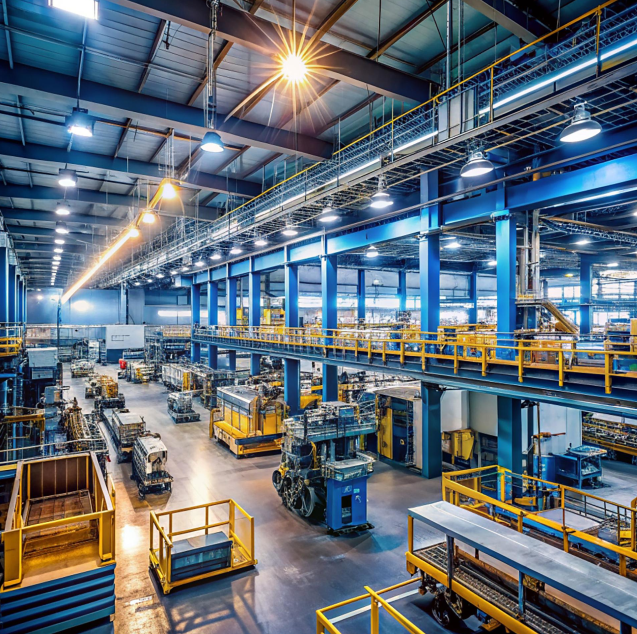Why Invest in Capital Goods
-
Emerging Global Export Hub
India’s strategic location and growing demand from Southeast Asia, Middle East, and Africa are opening up new export markets, led by sub-segments like Process Plant Equipment, which reached $1.10 Bn in 2023–24.
-
Growth Driven by End-Use Industry Demand
Rising demand in Food Processing, Pharma, Chemicals, and Oil & Gas is driving growth. India’s strong casting, foundry, and fabrication base is meeting the increasing requirement for machinery and equipment.
-
Expanding Infra & Power needs
India’s drive for 500 GW of renewable energy by 2030, coupled with expanding airports and metro network, is fueling demand for advanced power infrastructure. This growth is creating significant opportunities for transmission lines, substations, transformers, and smart grid solutions to efficiently feed and distribute power across the country.
-
Government Support
Scheme for Enhancement of Competitiveness in the Capital Goods Sector (Phase II) is driving technology upgradation and innovation through Common Engineering Facility Centres (CEFCs), advancing skilling in the capital goods sector, and augmenting existing testing and certification infrastructure

Incentives & Schemes
-
Scheme for Enhancement of Competitiveness in the Indian Capital Goods Sector Phase II
-
Export Promotion Capital Goods (EPCG) Scheme
-
Duty Exemption Remission Schemes















